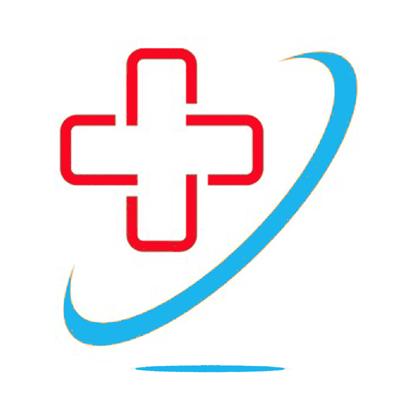Help for Emergency Departments
More effective and less stressful apps for ED nurses
Safer and more efficient ED visits for patients
Predictive tools for ED managers
Deploying wide-ranging skills from science and technology disciplines...
Evidence-based medicine is at the heart of the knowledge base supplied to nurses using SortED. Up to date guidelines from the College of Emergency Medicine and scoring systems give the nurse state of the art advice tailored to individual patients. EDs are stressful environments and knowledge about how to reduce the adverse impact of stress was also used to make less-stressful software for the nurses.
SortED 'tunes the ED engine' mainly by adopting a pitstop approach for initial assessment of patients. Our analysis of all the processes taking place during a patient's visit to ED, identified fifteen different interventions which would lead to improved performance and a shorter ED stay. PlacED, one of the component of SortED, ensures best use of facilities outside the ED, to reduce overcrowding and the negative impact that entails.
Data-driven software design for SortED exploits in-built analytical tools which have allowed evaluation of every prototype component. Data from our clinical trials allow us to predict the benefits of SortED when integrated with hospital systems. Going forward, machine learning will help improve the system, particularly through the ability to predict admission and by providing differential diagnosis shortlists.
Algorithms provide clinically meaningful interpretation of key point of care tests (blood gasses, acid-base and electrolyte disturbance). Simple score calculators for widely used predictive tests are included. Mathematical analyses and modelling allow simulation of the impact of SortED's multiple changes on overall ED performance and metrics such as average length of stay, overcrowding and admission rates.
Expertise in this area gives insights into the behaviour of EDs as systems with random arrival of patients. It has provided a key new tool for SortED Control Panel: the ability to predict trouble ahead. This identifies the tipping point for ED turbulence - what staff call 'meltdown' - about an hour before it happens. This is when overcrowding will prevent proper function. Early warning gives managers a chance to deploy extra staff.


